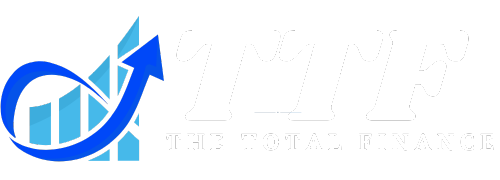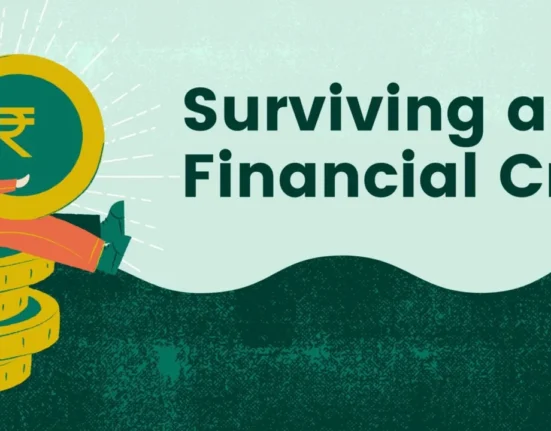In today’s world financial stability is bedrock for a secure and committed life. Yet countless people struggle financially. This often occurred due to a lack of awareness about debt and finance. Understanding debt and educating yourself about financial concepts is not only precious but a basic requirement as well to make your way toward financial freedom. This guide explores the importance of Debt Education and Financial Literacy, the impact of debt management, and financial decision-making to improve your economic comfort.
Understanding Debt: A Dual Impact Phenomenon
Debt is a financial tool that is both a blessing and a curse, depending on how efficiently you utilize that.
1. Good Debt vs. Bad Debt
- Good Debt: Borrowed for meaningful purposes, genuine and long-term benefits such as education or a mortgage.
- Bad Debt: Accrued for useless expenses or depreciating assets such as credit card debt for luxury commodities.
2. The Impact of Unmanaged Debt
Unmanaged debt could lead you toward financial tragedies, leading to mental health breakdowns, stress, anxiety issues, or even strained relationships. Steep interest rates and fees make the situation worse catching people in a loop that’s tough to escape.
The Importance of Financial Literacy
1. What is Financial Literacy?
Financial literacy means knowing how to handle money. It’s about grasping and using money skills, like managing your cash, planning your spending, and growing your savings. When you’re literate, you can make smart choices about your money.
2. Why Financial Literacy Matters
Financial literacy is not just a skill—it’s a necessity. A solid grasp of financial principles helps individuals.Personal Financial literacy is not just a kind of special skill but it is a basic necessity. A firm grip on financial concepts and principles assists individuals in achieving their financial goals. It educates individuals on a financial level to avoid pitfalls such as bad or excessive debt and poor spending habits. A good plan for financial life goals such as funding education, buying a home, establishing a business, or retirement plans, is not guaranteed without financial literacy.
Barriers to Financial Literacy
Basic financial literacy is often lacking despite its significance due to various obstacles
1. Lack of Formal Education
Many schools or colleges or almost in some countries do not prioritize financial literacy education in their curriculum, they may have many unnecessary subjects but sadly not ones related to personal finance education.
2. Cultural and Social Influences
Social norms and expectations from the societal people can indirectly or directly pressure individuals into overspending, leading to debt accumulation, whether it is about hosting parties, events, personal luxury or wedding events, etc.
3. Complexity of Financial Products
Today’s money world is full of tricky products that can puzzle even experienced investors. Without the right help, people might fall for misleading deals or unfair loans.
Steps Toward Debt Education and Financial Empowerment
To face and respond to financial challenges like a veteran, debt awareness and financial literacy are needed, and individuals and communities must acquire measures proactively.
1. Early Financial Education
Introducing money education in schools can have a revolutionary impact. Educating children about budgeting, saving, debt management, and personal finance at the grassroots level sets the base of sound financial decision-making abilities.
2. Budgeting as a Foundation
Budgeting and abiding by it is one of the best ways for budgeting and money management. A budget gives clear insights into income, costs, and saving goals. Hence, it promotes financial well-being.
3. Understanding Credit Scores and Reports
Credit scores have a significant impact on interest rates and borrowing power. Regularly monitoring credit scores and analyzing how credit scores work could help individuals make better financial decisions when it comes to borrowing money.
4. Prioritizing Savings
If you implement money-saving tips and habits with persistence, that discipline will prepare an emergency fund reducing your reliance on high-interest loans during unexpected financial emergencies or setbacks.
5. Seeking Professional Help
Personal guidance to tackle complex financial situations can be sought by financial advisors and credit counselors. Their expertise assures informed decision-making according to unique circumstances.
Conclusion
For financial freedom and stability, debt education and financial literacy are vital elements. Understanding debt, practicing effective budgeting, and prioritizing savings lay the groundwork for sound financial decisions. Countering obstacles to financial literacy through early education with professional guidance empowers every individual to navigate through financial challenges effectively. By aligning with these principles you can align with financial goals to build a secure and prosperous financial future.








